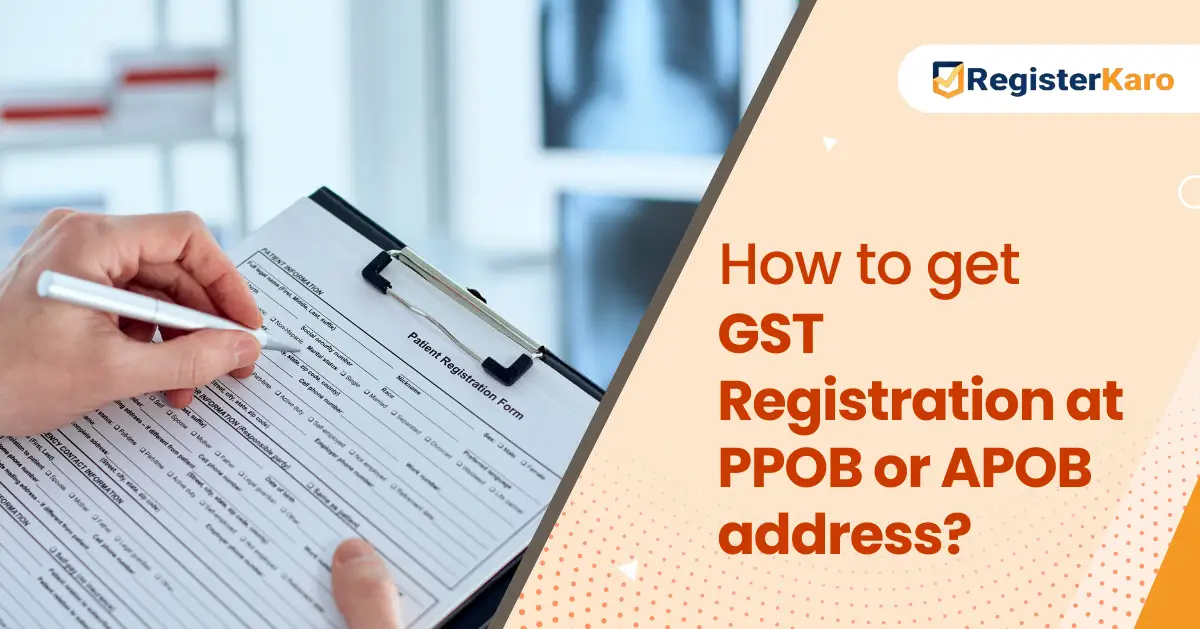
Introduction
The implementation of the Goods and Services Tax (GST) in India has significantly streamlined the taxation system. However, disagreements between taxpayers and authorities may still arise, leading to the need for a GST appeal process. An appeal under GST allows taxpayers to challenge decisions by GST officers, ensuring fair tax compliance. Understanding the appeal process helps businesses navigate GST compliance in India and effectively handle disputes.
This article provides a detailed guide on how to file an appeal under GST, eligibility criteria, common reasons for appeals, and best practices for resolving disputes efficiently.
What Is a GST Appeal and When Is It Needed?
A GST appeal is a formal request made by a taxpayer to a higher authority challenging a decision made by a lower tax authority. It is a crucial part of the GST dispute resolution mechanism, ensuring fairness and legal compliance.
When Is a GST Appeal Needed?
A taxpayer may need to file an appeal under GST in the following situations:
- Incorrect assessment of GST liability
- Rejection of input tax credit (ITC) claims
- Imposition of penalties or interest
- Denial of GST registration or cancellation
- Disputes regarding the tax classification of goods and services
The appeal process allows taxpayers to seek redressal and prevent unjustified tax demands.
Eligibility for Filing a GST Appeal
To be eligible to file an appeal under GST, the taxpayer must fulfill the following conditions:
- The appeal must be against a decision or order issued by a GST officer.
- The appeal should be filed within three months from the date of the disputed order.
- Payment of the pre-deposit amount (10% of the disputed tax amount) is mandatory before filing the appeal.
- The appellant should have all relevant supporting documents to justify the claim.
If these conditions are met, the taxpayer can proceed with the GST appeal process.
Step-by-Step Process to File a GST Appeal Online
The GST portal allows taxpayers to file an appeal online through an easy-to-follow GST appeal process. Below are the key steps:
Step 1: Log in to the GST Portal
- Visit the official GST portal.
- Log in using your GSTIN, username, and password.
Step 2: Navigate to the Appeals Section
- Under the ‘Services’ menu, select ‘User Services’.
- Click on ‘My Applications’ and choose ‘Appeal to Appellate Authority’ (FORM GST APL-01).
Step 3: Enter Details of the Appeal
- Select the order type (demand order, registration cancellation, etc.).
- Enter the reference number of the disputed order.
- Provide reasons for the appeal along with the necessary documentation.
Step 4: Attach Supporting Documents
- Upload all relevant supporting documents such as the original order copy, tax payment proofs, legal explanations, and any other necessary records.
Step 5: Pay the Pre-Deposit Amount
- A mandatory 10% pre-deposit of the disputed tax must be paid before submission.
- Payment can be made online through net banking, credit/debit cards, or NEFT/RTGS.
Step 6: Submit the Appeal
- After verifying all details, click ‘Submit’.
- The system generates an Acknowledgement Reference Number (ARN), confirming the appeal submission.
Step 7: Track Appeal Status
- Regularly check the GST portal for updates on the appeal status.
- The appellate authority may request additional documents or schedule a hearing if necessary.
Common Reasons for GST Appeals and How to Handle Them
1. Incorrect Tax Assessment
- Issue: The taxpayer believes the GST liability is incorrectly calculated.
- Solution: Provide a detailed breakdown of transactions and tax calculations.
2. Denial of Input Tax Credit (ITC)
- Issue: ITC claims are rejected due to mismatches or non-compliance.
- Solution: Submit valid invoices, GSTR-2A reconciliation, and supporting records.
3. GST Registration Cancellation
- Issue: The GST registration is canceled due to non-compliance or default.
- Solution: File an appeal with justifications for reinstatement and compliance evidence.
4. Imposition of Penalties and Interest
- Issue: Unjustified penalties or late fees imposed by GST authorities.
- Solution: Demonstrate timely tax payments and highlight calculation errors.
5. Disputed Classification of Goods and Services
- Issue: Authorities classify a product/service under a higher tax slab.
- Solution: Provide industry standards, case laws, and expert opinions to justify classification.
Handling GST appeals efficiently requires maintaining accurate records and proactively addressing compliance concerns.
Conclusion
Filing an appeal under GST is an essential process for taxpayers facing unjustified tax assessments, penalties, or disputes. By understanding the GST appeal process, businesses can safeguard their rights and ensure proper tax treatment. Timely action, proper documentation, and adherence to GST laws are key to successful appeals.
For professional assistance in GST compliance in India and hassle-free filing of appeals, consult RegisterKaro, your trusted partner in tax and legal services. Our experts ensure a smooth appeal process and help businesses stay compliant with GST rules in India.
Frequently Asked Questions
A GST appeal must be filed within three months from the date of the order.




